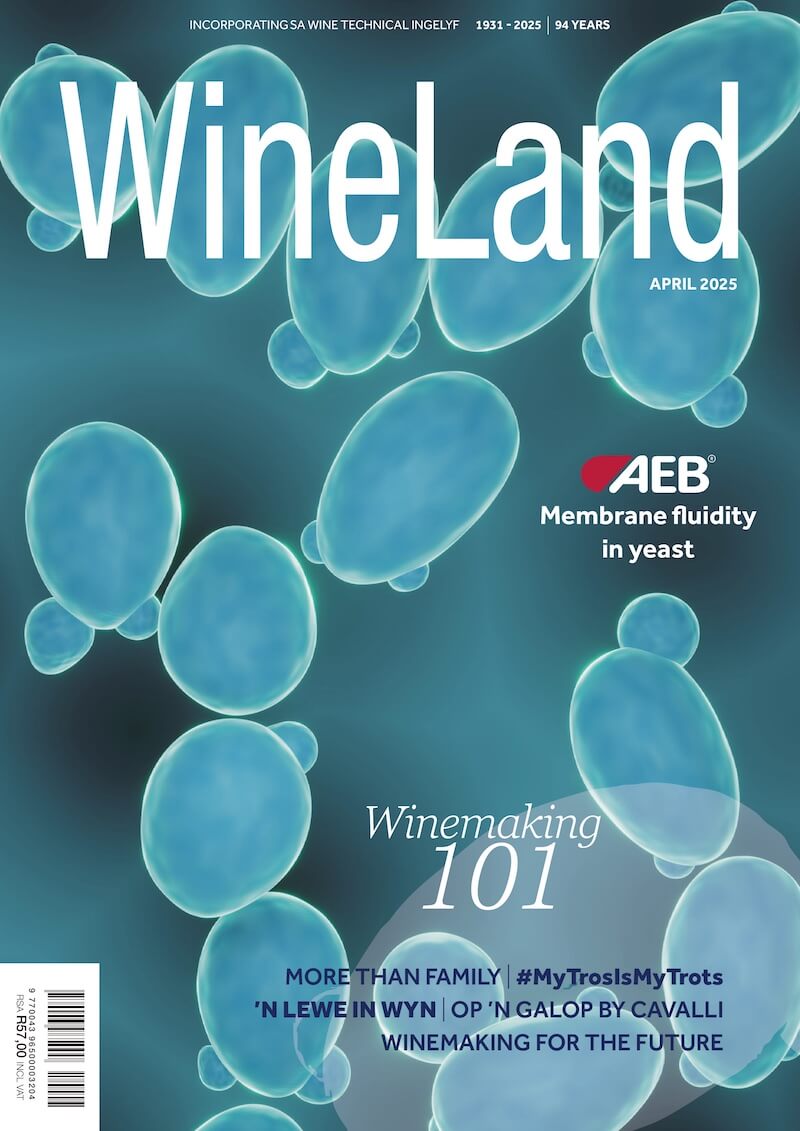Stephan Pietersen, owner of Work Accident Support, has more than 25 years experience supporting producers in South Africa in all aspects of the Compensation for Occupational Injuries and Diseases Act (COIDA).

Stephan Pietersen, Work Accident Support.
In terms of the Compensation for Occupational Injuries and Diseases Act (COIDA) of 1993, all businesses must register with the Compensation Fund to cover their workers against work-related injuries, and injuries must be reported within seven days. The Act was amended on 17 April 2023, with far-reaching implications for businesses.
Wineries and distillers pay a mandatory tariff to the Compensation Fund, calculated as a portion of every R100 an employer pays out in salaries (R2.15 in 2022, R2.08 in 2023, R2.02 in 2024 and R1.96 in 2025). The tariff is linked to the risk of an employee getting injured in this class.
The tariffs were reviewed in 2020, with some tariffs increasing and others decreasing. The changes are being phased in over five years.
What is the importance of the workplace compensation fund?
The Compensation Fund’s responsibility is to compensate injured employees, employees who suffer from an occupational disease and the dependants of those employees who died while performing their work.
Is there a lack of awareness among companies about the fund and its benefits?
Yes, many companies don’t know that they can claim back the salaries they paid to injured employees while booked off duty as well as the kilometres they drove to take an employee who needed medical treatment.
What responsibility do wineries have with regards to legislation and compliance?
In terms of the Compensation for Occupational Injuries and Diseases Act, all companies who employ one or more than one employee must register with the Department of Employment and Labour Compensation Fund to cover their employees against work accidents. To stay compliant, companies must declare annually the earnings they paid to their employees so that the Compensation Fund can calculate the amount payable.
Work accidents must also be reported within seven days once an employer receives notification of such accidents. If liability is accepted, the Fund must pay reasonable medical expenses and compensation.
How do workers benefit from the workplace accident support?
It is also important to note that the Compensation Fund bears the risk of injuries by paying medical expenses and compensation and the employer cannot be sued by an injured employee for damages.
An employer is liable to pay an injured employee’s salary for the first three months off duty and thereafter the Compensation Fund will pay the employee’s salary directly.
Where an employee suffered permanent disability (for instance a finger amputation, or an employee becomes a paraplegic) that employee will qualify for a payment from the Compensation Fund.
Where an employee passes away while performing work, their dependants will qualify for a monthly pension and the funeral expenses will also be payable.
What is the correct route to follow to get access to its benefits?
Companies need to report all accidents and alleged accidents online within seven days of receiving notice of an event. The employee must receive medical treatment. When the employee’s condition stabilises and the doctor indicates that they suffered permanent disablement as a result of their injuries, the employee must submit the doctor’s final medical report to the nearest labour for them to assess disablement and directly make a payment to the employee. The employee also has to submit his/her banking details for the Compensation Fund to verify it. Cheques were issued in the past, but this was stopped because of fraud.
Contact Stephan Pietersen for more information.














